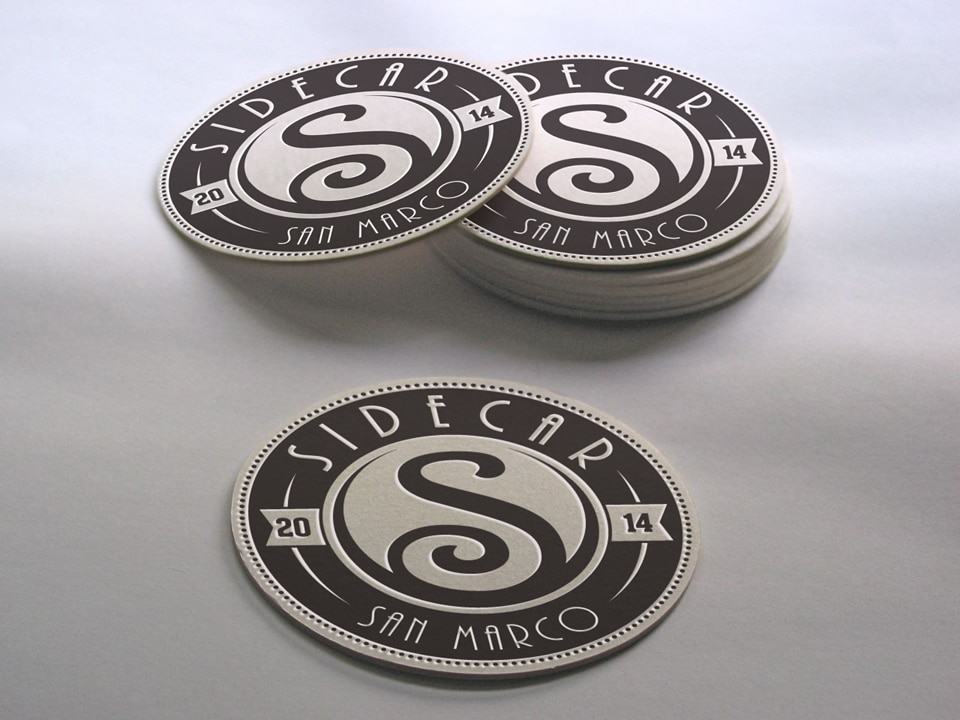If you have a company website, chances are you’re going to have to do some copywriting at some point in your career. In fact, you’re probably going to have to do it a lot. Whether it’s an automated customer service email, a personal bio for your team page, a tweet, or a blog post; knowing the fundamentals of digital copywriting (combined with a good amount of practice) will go a long way towards making you a better communicator.
These basic considerations for writing copy for the web can help anyone, especially those who don’t otherwise consider themselves writers, communicate their message in a way that adds value to the user’s experience.
Know Your Audience
Writing copy for the internet isn’t rocket science. Unless, of course you’re writing for NASA or SpaceX, but even they aren’t writing for astronauts and engineers, they’re writing for regular people like you and me. The most important thing you can do when writing online is to understand your audience and speak their language, not yours.
More often than not that means simply writing like you speak and avoiding technical jargon. An easy way to check this is to read your words aloud, or if you can find a willing subject, have someone else read it to you. You’ll easily identify any awkward sentences or things your readers might not understand.
Practice Voice & Tone
 When you write a blog post or send a tweet from your brand’s account, you are essentially speaking as the brand. As such, you need to speak in your brand’s voice. If you haven’t partnered with an agency like Nuera to help develop your brand voice, you shouldn’t let that stop you. Think of three words that describe your brand’s personality, write them down and post them near your computer so they’re always in your mind.
When you write a blog post or send a tweet from your brand’s account, you are essentially speaking as the brand. As such, you need to speak in your brand’s voice. If you haven’t partnered with an agency like Nuera to help develop your brand voice, you shouldn’t let that stop you. Think of three words that describe your brand’s personality, write them down and post them near your computer so they’re always in your mind.
You can also further refine your voice by performing a simple “this but not that” exercise. Think of some more words that describe your brand and qualify them by describing what they aren’t. For example, if you think your audience will appreciate a more laid-back, non-technical voice, you might say you are “casual but not unprofessional.” This simple exercise can help keep your writing inside the lines.
Tone differs from voice in that it applies to the specific channel or situation you are writing about. You can have a fun and easy-going voice but you wouldn’t want to use jokey language in a situation that might frustrate or offend your users. Situations where you might need to apologize to a customer or display an error message are not the time to be cute or funny.
There is probably no better authority on this concept than MailChimp and their publicly available Voice & Tone style guide is a valuable resource for anyone writing for the web.
Be Clear & Concise
Even if you fancy yourself to be a particularly poetic writer, your audience likely didn’t come to you for a literary experience. Don’t stifle your creativity by any means, but don’t let it get the better of you either. Chances are, the people who come to your site have better things to do than indulge in your prose.
If you’re familiar with the acronym TLDR (too long didn’t read), then you should have an understanding of the modern attention span. In fact, technology has contributed to shortening human attention spans to levels less than that of the lowly goldfish. Be concise and say exactly what you need to say to communicate to your audience. If the piece of content requires a lengthy explanation and that provides value to the reader, go for it. Otherwise, the same theory holds true as for pitching an idea – be brief, be bold, be gone. Say what you need to say and let your readers go about their day. More often than not, if you can say something in fewer words, you should.
Speak with Honesty and Authenticity
Guess what, your customers are not stupid. They aren’t gullible or easily deceived and they can see right through your attempts to convince them of something they know to be false.
When you write something, make sure that it’s true, first and foremost. The internet is far too accessible a place these days to get away with anything even remotely dishonest or untrue. It takes no time at all for someone to do a quick search that could debunk your false claims so don’t make them. You should avoid saying anything that can’t be proven or making subjective claims that are unverifiable. Superlative statements such as “the best hot dogs in town” are like nails on a chalkboard to professional copywriters. “According to whom?” we ask (using proper grammar of course). If you want to brag about your product or service, make claims that can be verified. Instead, you could say something like, “voted best hot dog in Florida by Hot Dog Magazine readers.” Just make sure it’s true.
While we’re on the topic of things to avoid, add this one to the list – buzzwords. Saying what everyone else is saying doesn’t make your brand unique and it just adds noise to the conversation and weakens the meaning of those words. It’s tempting, I know but if you can say what you need to in a unique way, it will stand out to your readers.
Create Structure
Good writing isn’t long or complicated, it communicates effectively. Think about how you read on the internet. Chances are you skim an article before reading it to determine if it’s worth your time. If you structure your article in a logical fashion and use descriptive headings to divide up your content you can help readers find what they are looking for and reduce reader fatigue.
Start with your main idea and the supporting arguments that validate it. Sound familiar? The tips and tricks you learned for writing persuasive essays in elementary school can actually come in pretty handy. Who’s have thought?!
Dividing up your content and approaching it in a modular way isn’t just good for your readers, it will help you in your writing. I for one, rarely write anything from start to finish. Instead, I outline the points I want to get across and write about the thoughts that come into my head as they do. Later on, when all my ideas are written down on the screen, I can go back and figure out how to segue from one topic to the next.
Get Feedback

Even technical writing can become personal. It can be nearly impossible to critically evaluate your own writing. Sometimes you think something is brilliant but it doesn’t make sense to anyone else. Other times you may be struggling with something that is perfectly fine and understandable. Either way, it always helps to get a second or third set of eyes on your writing.
You don’t just want your reviewers to look for grammar and style, you want to make sure they comprehended what you set out to communicate. Ask them to identify what the main points were. If they didn’t grasp it, you probably didn’t say it right. But that’s ok, just make it better.
With these helpful tips, you should be well on your way to creating dynamic content that adds value to your site and builds your brand’s authority on the web. Now you just need to start writing. It will be difficult at first, but in no time you’ll hit your stride and find yourself creating content that rivals the best professional copywriters.
If the task still seems too daunting for now, Nuera is here to pick up the slack and help you develop and create meaningful content that aligns with your objectives. Just give us a shout!



